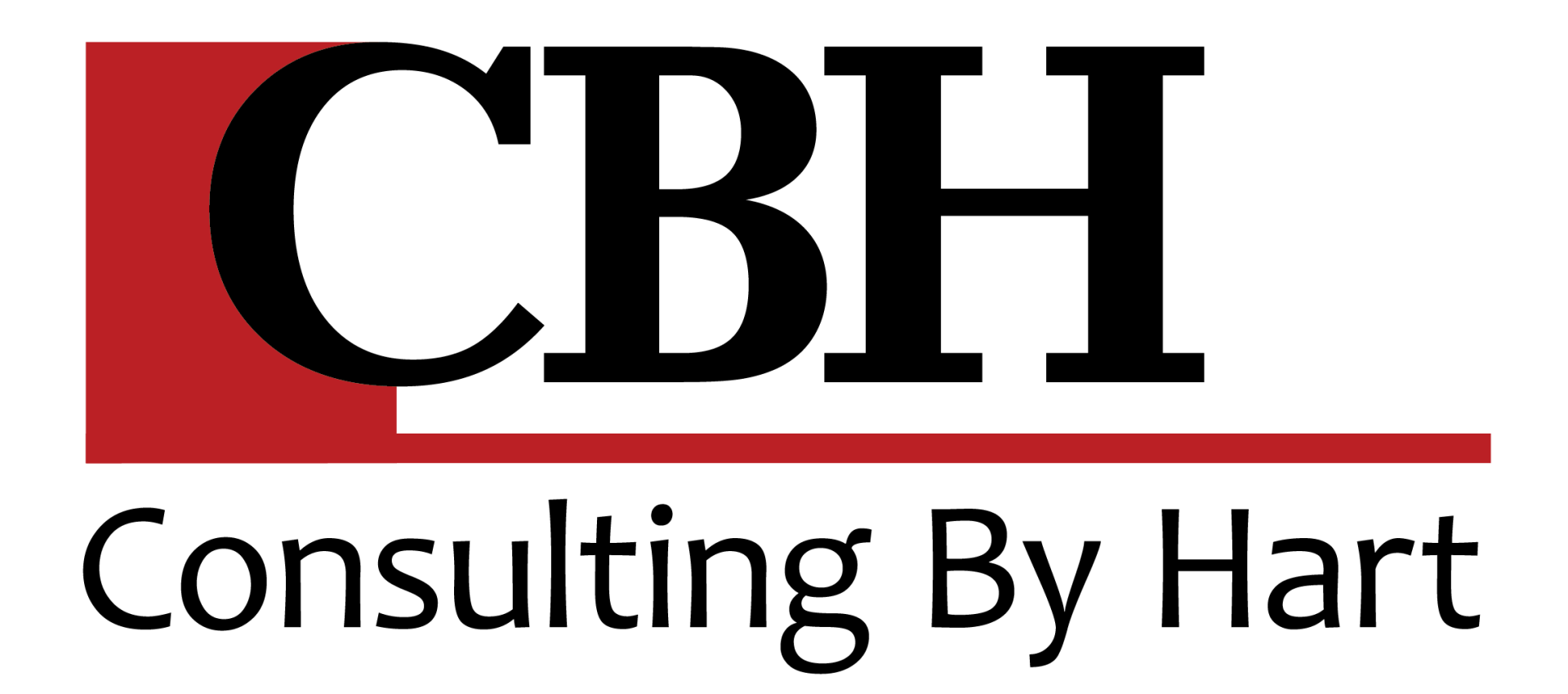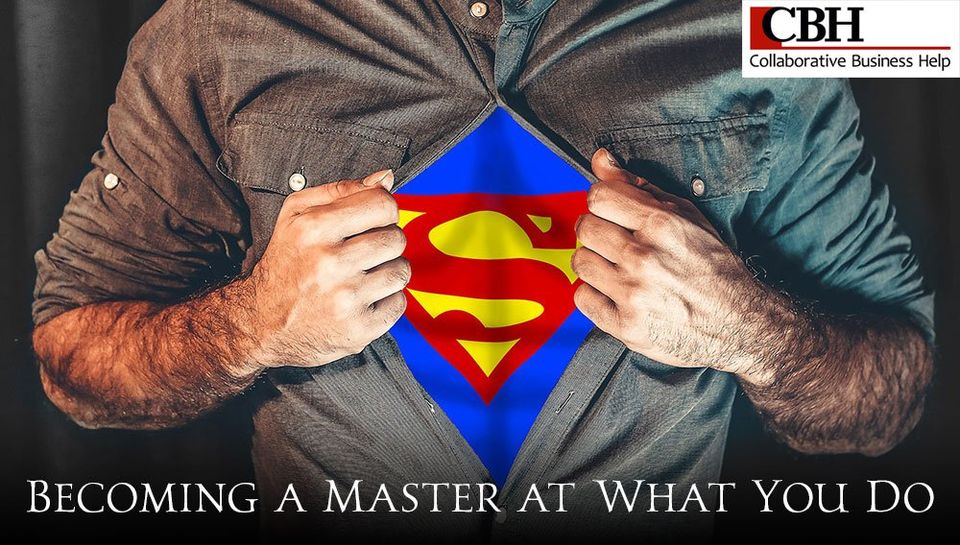Becoming a Master At What You Do
The winding-down from a busy year has always been a time to ask lots of questions about the years’ results. Most particularly, self-reflective questions that I ask myself. I believe that January is a great month to create some quiet time for self-reflection. It’s a time of year to take stock of who you are, where you are, and where you need to grow to in order to reach your goals.
Clarity Precedes Mastery:
The Unknown author of this phrase was really on to something big.
To become a master at what you do, there are a few rungs to climb on the ladder.
• You first need to be very clear about what you believe in, who you are and who you need to be.
• You also must know what mastery actually is…. What it would look like when you’re a master at something – what you will know, say, do, teach and accomplish.
• You must be able to recognize the gaps between here and there. This is where the Clarity part takes place.
First Thing First
To accomplish the first step, you need to define your Core Values. And your Businesses’ Core Values. Who are you? What do you believe in? What are the non-negotiable beliefs that guide your thinking and actions every day?
I’ve worked with dozens of business owners and their teams on this project…. It’s a lot harder to do than you may think: it takes longer to complete than you think it should, and yet it’s so incredibly powerful in bringing clarity to your whole team. It’s the single most effective way to get everyone on the same page, aligning attitudes and decisions with the direction of the company goals.
Of the companies I know who have fully engaged with this step, the clarity it has brought for both the non-negotiable behaviour and decision-making filters for the team has transformed both their communication and performance. Without connecting all of the dots on Who the company is, and Why it is, energy will be spent unnecessarily on keeping everyone and everything all glued together. Usually, it’s energy that the boss doesn’t have to waste.
If you take one thing from reading this column, I hope it’s realizing that you’d never look back or question why you spent the time to take this step, and get the cultural clarity your business needs.
If You’re Aiming At Nothing….
Familiar readers of mine know how to finish the sentence in this heading…. ‘You’ll Hit It With Huge Accuracy’. What is your end game? At what skills do you need to be better? In what ways does your company need to improve to achieve it’s ultimate success? How will the company ‘bench strength’ need to change? What will be different when you’re ‘there’ – being a master at what you do? What will all of your team be doing and saying differently? How will you all be thinking differently in order to have the Mastery you strive for? What needs to change? What should stay the same to support your vision of success?
Mind The Gap
Think about ways in which you could quantify the potential return on time invested if you intentionally improve to become a master at what you do. There’s a price tag attached to training…. And that cost becomes priceless when the training pays off and nudges your company closer to mastery. Ask important questions to guide your training choices… align your investment with your vision of success. Often it’s hard to know what you don’t know… your business coach can bring a birds’ eye objective view to your gap analysis.
From my friends at Kinergy Leadership, I share their 5 A’s of Selecting Leaders – which may help you to get started:
1. Assessment of Needs: What is needed to pursue mastery?
2. Assets on Hand: Who in the company is available and ‘right fit’?
3. Ability of Candidates: Who is able to be trained, and likely to apply what they learn?
4. Attitude of Candidates: Who is willing to be trained and ‘step up’ their level of engagement?
5. Accomplishments of Candidates: Who gets things done?
You can also ask yourself some important gap filling questions: Who Do I show up as every day? Where do I need to grow to? Who should I show up as, if I were a level closer to mastery at what I do?
Managing Accountability
At Consulting By Hart, one of our great strengths is helping teams to understand how to function properly, and to create a culture of self-accountability as well as team accountability. Supporting the outcomes of training and improving your teams’ ability to align with your goals is completely dependent on who holds themselves accountable and when.
We can help create an accountability program – to launch your results of training and improvement to new heights! You don’t have to figure this all out on your own. We can help. There’s a rich right-fit resource for you to use here. Jump In and step up your Mastery game.
Other Articles That May Interest You:





